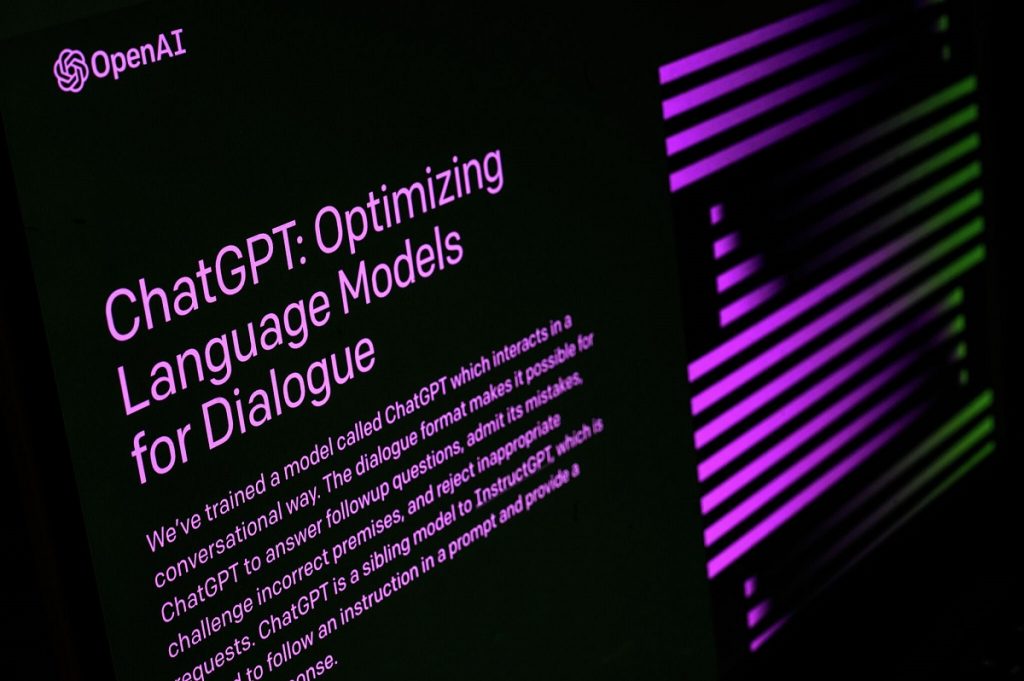Artificial Intelligence (AI) has transcended its once-specialized niche. It’s now a ubiquitous force reshaping industries, redefining job roles, and seamlessly integrating into our daily lives. What was once a topic confined to tech enthusiasts is now a central discourse across diverse professional domains.
As we journey through the dynamic AI landscape setting for 2024, it’s clear that these ongoing discussions and advancements aren’t just shaping our present; they hold the potential to impact our future significantly. Day by day, the world is forming a closer bond with Artificial Intelligence, an innovation that has led to groundbreaking achievements once considered mere dreams. There are no set-in-stone trends or methods; they adapt to meet the evolving demands of our world.
As we approach 2024, our meticulous research aims to unravel the anticipated AI trends set to unfold this year, offering insights into this rapidly advancing field.
AI-Driven Business Models
The commercialization of AI models heavily relies on accurate predictions. Algorithm developers extensively train neural networks using historical data, occasionally incorporating human feedback for specific situations. Once trained, these algorithms can make predictions based on new data. Lately, the tech industry has shifted focus from using AI predictions to enhance business models to making AI predictions themselves the primary product.
Most IT organizations plan to integrate AI into strategic aspects of their operations by 2024. Those investing in AI foresee positive impacts on their businesses, while a smaller portion not investing in AI share this expectation.
By the end of 2024, AI adopters aim to apply AI in various strategic areas, such as business analytics, intelligence, risk identification, and security enhancement.
AI In Customer Service
Customer service often involves a blend of routine, repetitive tasks alongside sporadic, complex, and crucial responsibilities. This unique blend renders it an excellent ground for AI integration, aiming to automate repetitive tasks and enable humans to focus on issues requiring a personalized touch. AI applications in this domain encompass triaging initial contact calls, offering customized solutions to common issues, and creating reports and summaries of customer interactions. A survey conducted by the Boston Consulting Group revealed that an overwhelming 95 percent of customer service leaders anticipate the utilization of AI bots in serving their customers within the coming three years.
AI Jobs
If you’re eyeing a career in AI but don’t fancy being a computer scientist, there’s exciting news – 2024 will unveil many fresh job prospects that might align with your aspirations. Besides the essential engineers and technicians dedicated to system development, diverse roles are set to emerge. Positions like prompt engineers will surface, responsible for crafting instructions to guide AI applications, while AI managers will oversee virtual teams. The demand for AI project managers, trainers, and ethicists is also expected to grow. Conversely, if you’re tech-savvy, numerous job opportunities, such as AI engineering and DevOps, are on the hunt.
Spatial Computing
Spatial computing promises to connect our digital and physical realms, enabling users to engage with digital content in their surrounding space. Departing from conventional interfaces like keyboards and mice, spatial computing leverages natural interactions such as gestures, voice commands, and gaze facilitated by devices like augmented reality glasses or virtual reality headsets, recently introduced by major tech players.
Despite the buzz surrounding newly launched headsets, most prefer a wait-and-see approach to gauge mixed reality’s true potential. In the interim, data suggests an exploration of generative AI interfaces driving more spatial computing applications, even without the reliance on headsets.
Ethical AI
AI has the potential for such significant disruption that it’s crucial to develop and employ it responsibly, minimizing the potential for harm. Certain hazardous elements are already evident – biases, transparency shortcomings, the risk of job displacement, and the uncertainty of maintaining complete control. 2024 will witness sustained efforts to address these issues while remaining alert for emerging challenges.
The demand for AI ethicists will surge as businesses strive to showcase adherence to ethical standards and implement suitable safeguards, demonstrating a commitment to responsible AI deployment.
Quantum AI
Possibly not an immediate trend for everyone, yet quantum computing, renowned for significantly accelerating specific computation-heavy tasks, is increasingly revealing its potential applications in AI. Quantum algorithms leverage qubits that exist simultaneously in multiple states, unlike conventional computer bits, which are limited to being either 1 or 0. This unique trait renders quantum computing notably more efficient, especially for tasks like optimization—identifying the optimal combinations of numerous variables—often addressed through machine learning.
AI Legislation
Lawmakers have historically struggled to keep up with technological advancements, but the undeniable transformative potential of AI is prompting their attention. China has already implemented certain laws, including those prohibiting the creation of non-consensual deepfakes. Additionally, various jurisdictions, such as the EU, US, and India, are formulating their own regulatory frameworks. In the UK, a proposed bill could take effect in 2024, while an EU act is anticipated to be enacted by early 2025.
Each legislative measure aims to strike a balance between safeguarding citizens from the adverse impacts of AI on employment and privacy while fostering innovation and commerce. The discussion regarding where to draw these regulatory lines will be a focal point of political discourse throughout 2024.
Digital Sovereignty
Digital sovereignty, especially concerning data, is drawing significant concerns. With generative AI technologies gathering extensive datasets by mining the web for their models, concerns emerge regarding the ownership, control, and rights associated with this amassed data.
As legal systems and policymakers endeavor to catch up with the evolving capabilities of generative AI, organizations are grappling with safeguarding their data and crucial elements of their digital identity. This drive incentivizes them to establish infrastructure and implement safeguards to preserve their digital sovereignty, thereby preventing third-party AIs from training on their data.
The Low-Code And No-Code Software Engineering Era
In 2019, Gartner predicted that by 2024, around 65 percent of application development would be conducted using low-code/no-code tools. This projection appears increasingly plausible, especially with the advent of generative AI tools like ChatGPT, which facilitate the swift creation and testing of applications within minutes. Coding and software engineering roles are unlikely to be replaced in 2024, as there remains a necessity to develop AI tools. However, individuals with innovative ideas and a penchant for problem-solving can anticipate numerous enticing opportunities even without extensive technical skills.
We could never have pictured we’d be working with AI as we do today. ChatGPT was introduced just a year ago and has turned the table around. Predicting the future amid this rapid AI evolution remains a mystery that we’ll have to unfold daily. Welcome you all to 2024. What are the AI trends that are already happening in your region? Please share your thoughts on which AI trends might dominate the rest.
ContactContact
Stay in touch with Us




